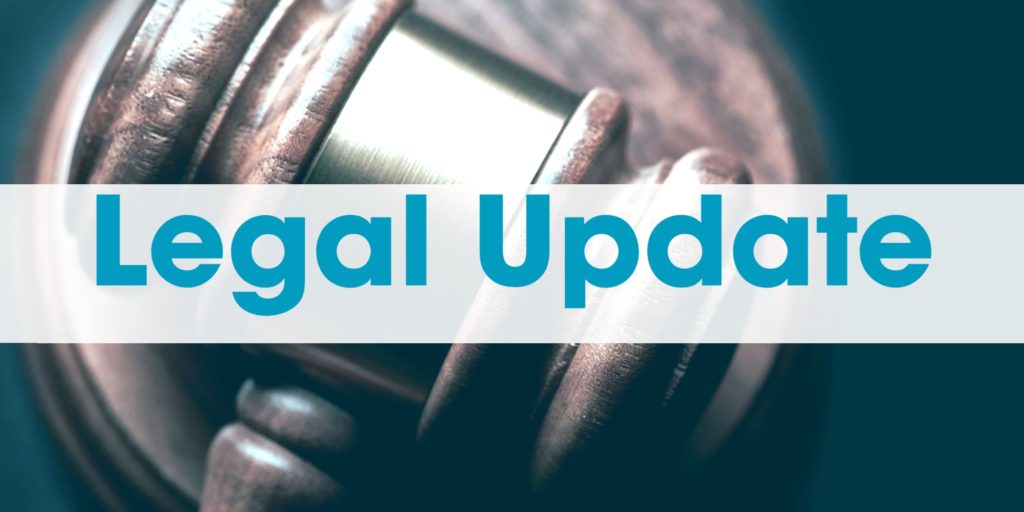26 Aug Supreme Court to Hear Challenge to the ACA After Election Day

The Supreme Court recently announced that it will hear arguments challenging the constitutionality of the Affordable Care Act (ACA) on Nov. 10, 2020—after Election Day.
A verdict on the case is expected to be reached during the spring of 2021. This announcement is the most recent development in this case. Earlier this year, the Supreme Court agreed to hear a legal challenge to the Affordable Care Act (ACA). The case involved is Texas v. Azar, a lawsuit challenging the constitutionality of the ACA’s individual mandate.20 Aug Court Blocks Rule on LGBTQ+ Discrimination in Health Care
 On Aug. 17, 2020, a federal district court granted an injunction blocking a Department of Health and Human Services (HHS) regulation that would have allowed health care and insurance discrimination based on sex stereotyping, gender identity and pregnancy-related conditions.
On Aug. 17, 2020, a federal district court granted an injunction blocking a Department of Health and Human Services (HHS) regulation that would have allowed health care and insurance discrimination based on sex stereotyping, gender identity and pregnancy-related conditions.
ACA Section 1557 Regulations
Under Section 1557 of the Affordable Care Act (ACA), discrimination on the “basis of sex” is prohibited in “any health program or activity” that receives federal funds or is administered by a federal agency.23 Jul Affordability Percentages Will Increase for 2021
 On July 21, 2020, the IRS issued Revenue Procedure 2020-36 to index the contribution percentages in 2021 for determining affordability of an employer’s plan under the Affordable Care Act (ACA).
On July 21, 2020, the IRS issued Revenue Procedure 2020-36 to index the contribution percentages in 2021 for determining affordability of an employer’s plan under the Affordable Care Act (ACA).
For plan years beginning in 2021, employer-sponsored coverage will be considered affordable if the employee’s required contribution for self-only coverage does not exceed:
- 9.83% of the employee’s household income for the year, for purposes of both the pay or play rules and premium tax credit eligibility; and
- 8.27% of the employee’s household income for the year, for purposes of an individual mandate exemption (adjusted under separate guidance). Although this penalty was reduced to zero in 2019, some individuals may need to claim an exemption for other purposes.

